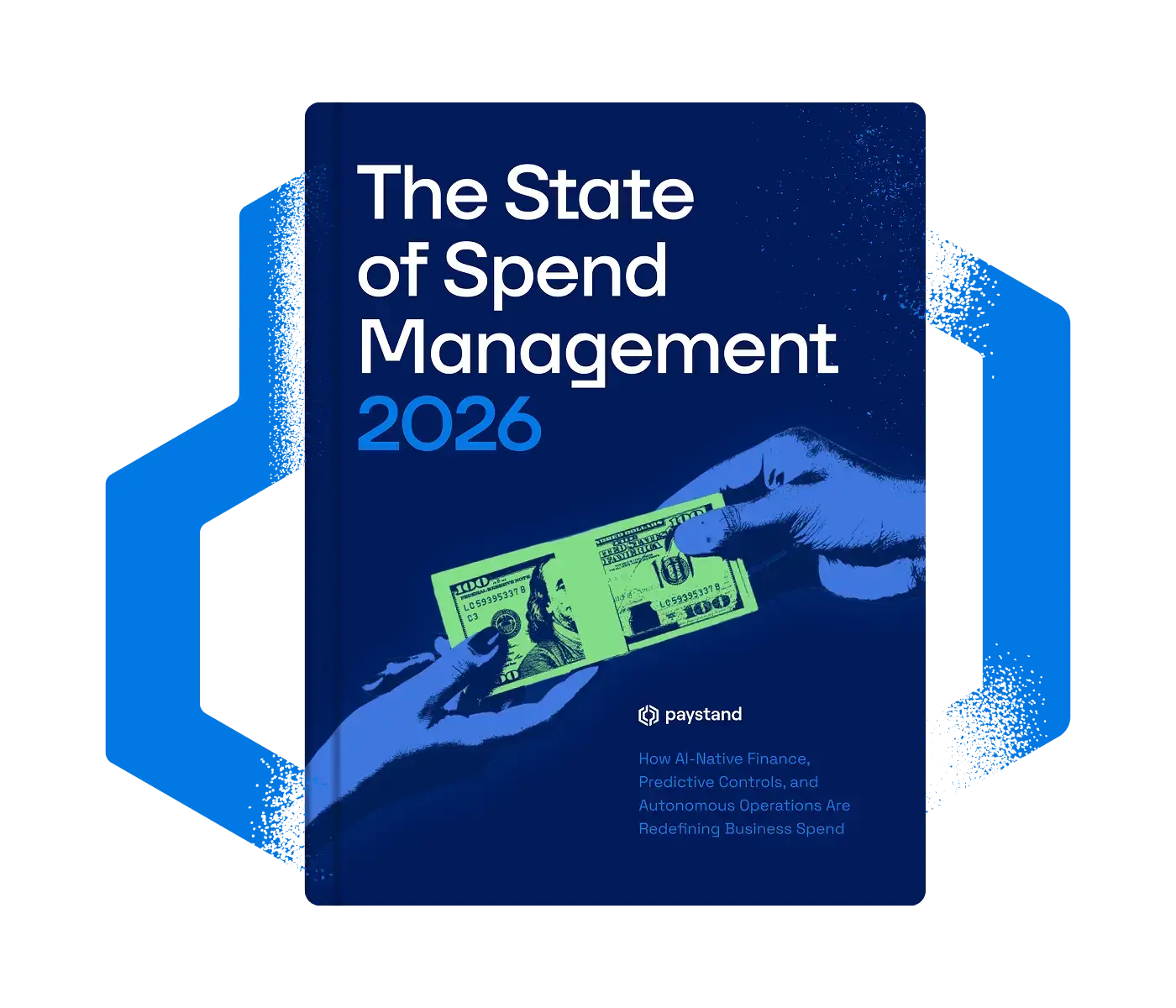Going forward, Environmental Sustainability is going to become even more important for firms. From the rise of the Sustainability Accounting Standards Board to the initiatives set forth under the Biden Administration, both regulators and stakeholders will look for companies to provide additional disclosure and reporting for sustainability goals and initiatives.
But this begs one big question—how? Following our last exploration into the potential guiding initiatives and governing bodies in ESG, we would today like to answer the importance of bringing data into environmental, social, and corporate governance (ESG) and corporate social responsibility (CSR) goals.
According to a recent CFO Article, “ESG is already gaining widespread attention, yet most initiatives across industries fail. Why? The primary cause is data: lack of data, lack of standards, and lack of understanding of how to use data. With a competitive edge, data-driven companies win.”
Collecting, managing, and using this data will be a key component in presenting your brand as a responsible company, addressing potential risk and reducing the burdens that normally go into reporting.
Why ESG Reporting is Critical
Today’s consumers want brands to align with their values. A recent survey from Corporate Social Mind suggests that most Americans want companies to take positions on issues like racial discrimination, and the term authenticity has been considered the driving factor in relationships with consumers.
But saying something only goes so far—you have to practice what you preach and prove that you’re delivering on your commitments. As businesses take these stances, a data-driven approach to ESG can ensure they measure up to their words and have a real impact.
For example, a fair trade grocer who gets caught selling non-fair-trade goods is going to do a lot more damage to its reputation than one who never reported, and this presents inherent risk and a need for data.
Learn more in How Corporate Finance Can Plan for Increased and Continued ESG Pressure.
ESG Became a Critical Factor in Company Success in 2020
According to CFO, one of the greatest drivers behind those who managed effectively in 2020 and those who haven’t was the recent panic driven by lockdowns.
“As states across the country began issuing shelter-in-place orders a year ago, household goods like toilet paper disappeared from shelves in supermarkets across cities. Production for household goods was quickly ramped up to meet the high demand. Still, the alarming shortage signaled greater flaws in supply chains — an inability to predict and adapt to large-scale disruptions.
Economic fallout quickly followed. Stocks with higher ESG rankings, however, fared better than others. Bloomberg Intelligence found that at the end of March, more than half of U.S. ESG exchange-traded funds performed better than the S&P 500 index, with similar outcomes in Europe. That suggests that those companies responded and adapted better to the economic stressors posed by a disruption like COVID-19.”
Proving ESG proves operational resilience and ultimately highlights the ability to overcome disruption with fewer challenges, due in part to the visibility provided by products that enable easier reporting and actionable information. In the future, the automation and analytics success will give way to the rise of artificial intelligence, a solution built to use data more effectively than humans to provide even more understanding of the numbers.
Planning for the Future of the Business with Help from Controllers Council
From SASB standards to rapidly evolving FASB ones, it pays to stay ahead of change. At the Controllers Council, we launched our community to help people like you to make the most out of your business initiatives. Over the coming months, we will take a deeper dive into this and other initiatives controllers need to stay vigilant of. Looking for the best place to discuss these changes? Join the Controllers Council!




